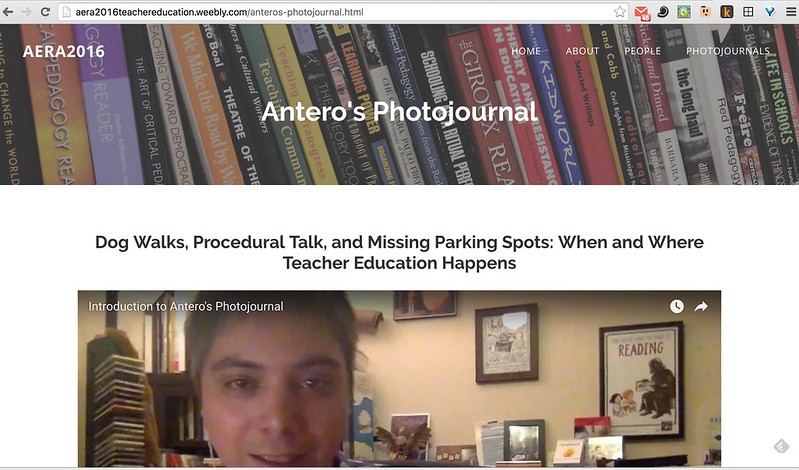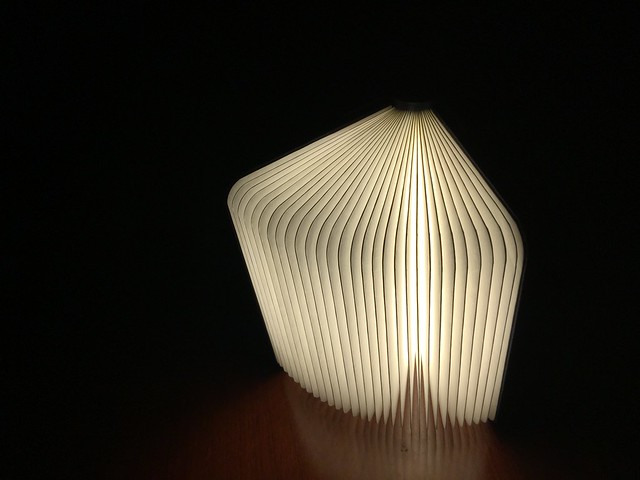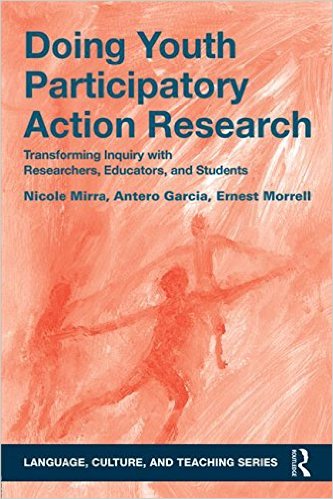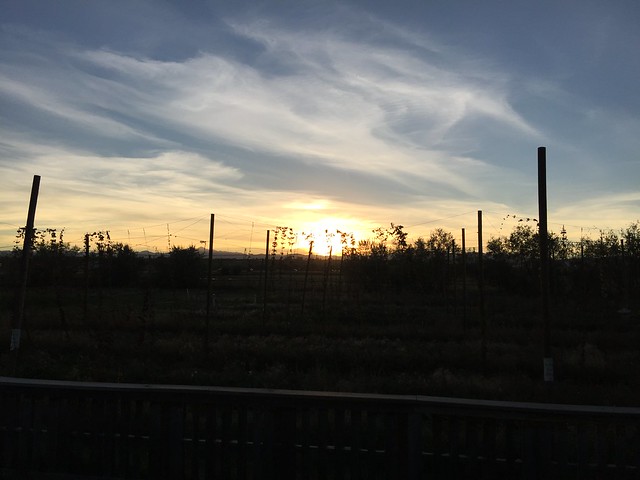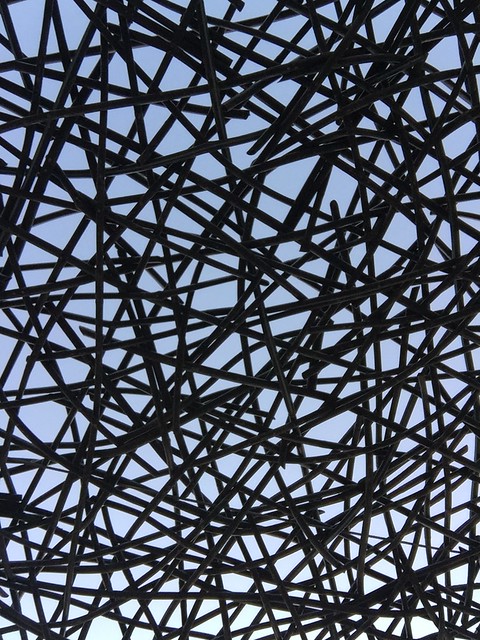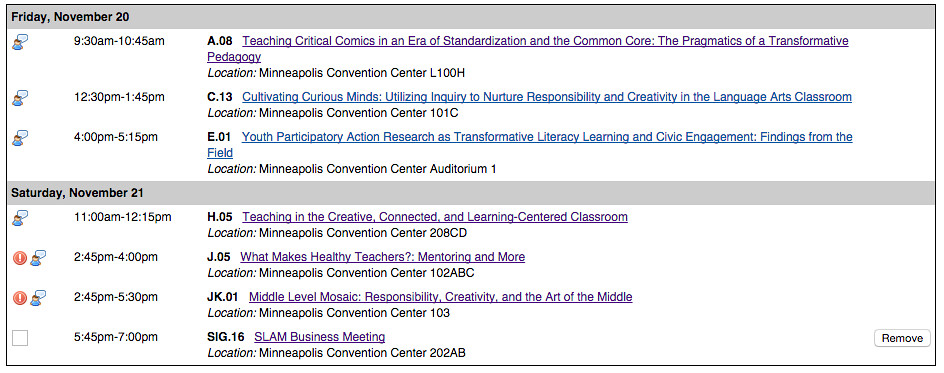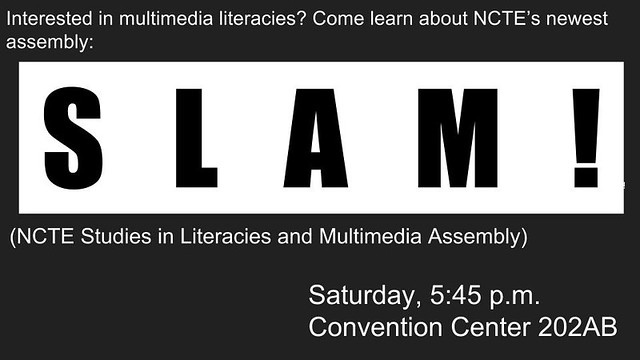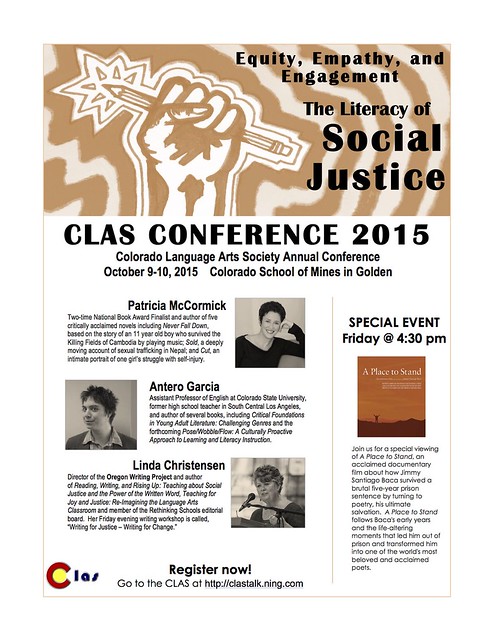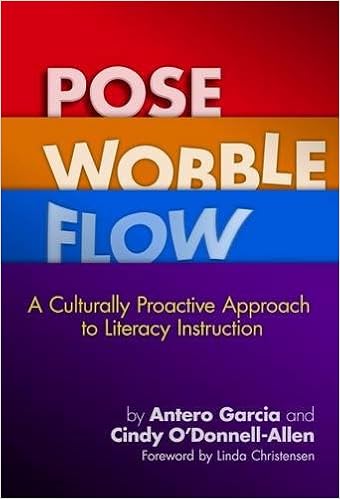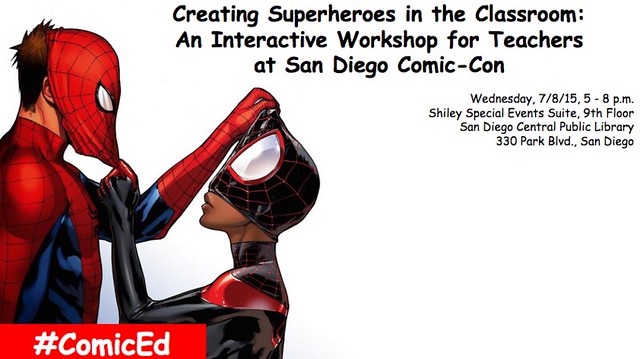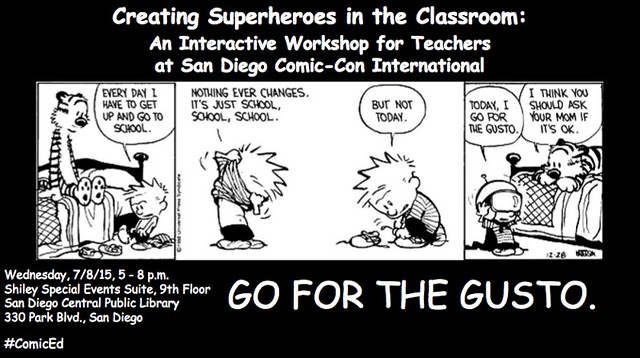At last week’s AERA conference, I was thrilled with the conversation (both in person and online) that emerged from the session, “Talking Back: Public Scholarship, Productive Practice, and the Future of Teacher Education.” Organized by Lauren Anderson and Jamy Stillman, the session was framed around sharing photojournals what teacher education work looks like and our role in terms of public scholarship.
Because we were limited to five minutes for discussing our work, I wrote out my notes for the session and I am sharing them below. Prior to diving into these comments, I really encourage you to look at the photojournal here and to look at the other photojournals my amazing co-presenters shared. My page looks like this:
And my comments:
Thank you Lauren and Jamy for inviting me to share my work with all of you.
As I assembled my final photojournal, I did a lot of deleting of words.
There are voice memos sprinkled throughout my journal and they are full of blemishes: ums, uhs, and even blasphemous “likes.” There are more photos of sitting in meetings or of traveling than there are of my students and work in schools. There are a lot of photos of computer screens.
And so while I first attempted to justify these pieces of media with flowery prose, I eventually deleted those words to allow a public image of my scholarship and its processes stand on its own.
There is a rambling video introduction at the beginning of my journal and at the risk of being redundant, I’m going to cover and expand on a few of the main principles I ummed, uhhed, and liked my way through in that video.
When I was in graduate school, one of my advisors, Marjorie Faulstich Orellana, talked about the fundamental differences in time and the various professional and home demands on it. Case in point: regardless of what kinds of deadlines, meetings, or piles of letters of recommendation that are awaiting completion on my desk, the raising-children-training-wheels that my wife and I have: two headstrong, scent-driven beagles must be walked.
Twice.
Everyday.
Sure, if things are busy you could hypothetically not walk them, but they have Machiavellian plans a la Macaulay Culkin in Home Alone – they will destroy the house (and destroy it gleefully) if unwalked. This is a blood oath they have both forsworn the moment we adopted them from the shelter.
And as much as I can get frustrated by finding the balance between home time and time for scholarship, I believe they are two sides of the same coin. Aside from listening to audiobooks and podcasts, I find the time for reflection on our meandering jaunts to be fundamental for helping clarify my thinking; it is the generative space in which reflection helps bind the theoretical with the pragmatic in my scholarship.
And so, to the extent that home time funnels, focuses, and shapes the day-to-day public scholarship that I engage in, so too must I be direct in noting that teacher education is not confined to classrooms.
I deliberately only offered a few sections of photos that are classroom-focused. I think that we educate teachers and teacher education through modeling the various other non-teaching responsibilities we take on in the many spaces that we inhabit. Like my colleagues’ photojournals illustrating digital life and activism, I believe we need to emphasize scholarship that does not so easily appear as peer reviewed publications or get checked off as professional service. I take my responsibility of making the educational landscape more just seriously. And I don’t find the time engaged in dialogue in spaces like Twitter, building consensus with other educators, or even reflecting during walks as flippant or “extra” to my professional responsibilities; they are all interrelated.
Which brings me to a lingering question about public scholarship and teacher education: public for whom? As I think about the work that I am doing as equity driven and scholarship that happens alongside the teachers, students, and community organizations I see as colleagues, I am reminded that we are myriad publics today.
In light of online and offline persecution of young people of color, individuals by race, class, sexuality, legal status, and placement within societal gender binaries, ours is work about addressing varied publics, and looking for intersections for uniting, coalescing, and growing.
Probably weekly I say to my preservice teachers that ours is political work. It cannot not be. The work of education, political as it is, does not start and stop in classrooms. It seeps into the conversations we have, the ways our income is disbursed through the purchasing decisions we make, and the roads we make by walking – to riff off of a book-length dialogue between Paulo Freire and Myles Horton.
In this sense, public scholarship is something of an embodied stance.
To return to my opening thoughts on a false binary between school time and life time, I would add that this is about scholarship that – particularly in today’s digital, participatory culture – unfolds over a lifetime.
We may warn our youthful future teachers to not put up any personal material on social networks or they will be fired and die. However, this is precisely how dialogue happens. My public work is inherently social work too. My educational scholarship is public scholarship.
I hope this journal reflects most wholly my own participation in a public sphere – be it in the generative and reflective processes while tethered to two beasts hot on the scent of a dastardly squirrel or while presenting at conferences or facilitating classroom activities. Ours is nuanced and complicated work.
Thank you.
